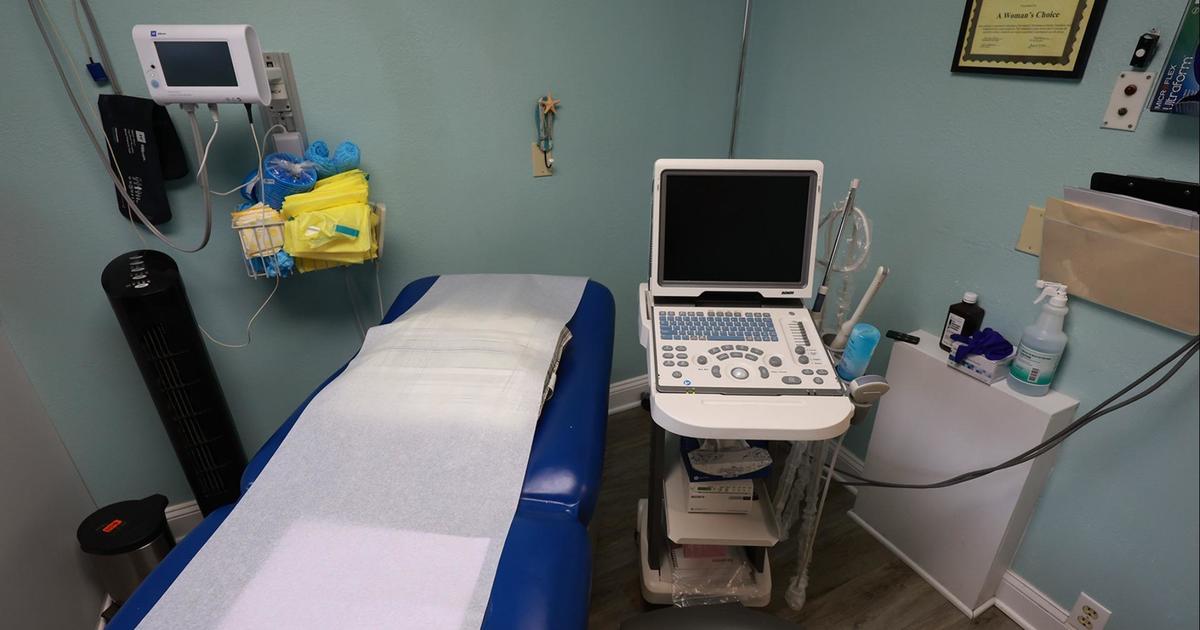Let's Get Wellfluent: Start With The Heart
(Photo Courtesy: AvMed)
As we make our way through the world, very few of us give much thought to our hearts. But like the battery in your cellphone or the engine in your car, if the ticker is not ticking, everything else has either shut down or will soon.
Luckily, there are several warning signs that often lead up to a heart attack sending a signal that something is dramatically wrong. According to the American Heart Association, if you experience any of the following heart attack warning signs, get medical help as quickly as possible:
- Chest discomfort. Most heart attacks involve mild pain in the center of the chest that lasts more than a few minutes, or is intermittent. It is often described as uncomfortable pressure or a tight squeezing kind of pain.
- Discomfort in other areas of the upper body. Heart attack symptoms are not limited to the heart or chest. Warning signs can include discomfort in the arms, back, neck or jaw. In some cases, people even feel an a pain in the stomach.
- Shortness of breath. Sometimes a victim will just have trouble catching his breath, and sometimes the limited breathing will be accompanied by chest pain or discomfort.
- Other signs may include breaking out in a cold sweat, nausea or lightheadedness.
- Two of the most prominent warning signs of an impending heart attack are high blood pressure and high cholesterol.
Unlike the symptoms above, these silent killers will not present themselves immediately before a heart attack but are easily diagnosed through routine medical check-ups.
Men and Women Experience Symptoms Differently
For either sex, the most common heart attack symptom is chest pain, but women are more likely to experience other symptoms, particularly shortness of breath, nausea/vomiting and pain in either the jaw, the back or both.
What to do
First and foremost, at the initial sign of any of the above warnings, CALL 911! Emergency responders can begin treatment immediately upon arrival. Additionally, medical personnel are trained to revive a person whose heart has stopped. Even if you can get a ride to the hospital, remember that patients with chest pain who arrive by ambulance usually receive faster treatment.
Let's Get WELLfluent™ is part of AvMed's drive to inspire focus on a different kind of riches; those fueled by health and happiness of the mind, body and soul. With headquarters in Miami and offices in every major metropolitan area of the only state we have served in our near-50-year history, AvMed's health plans seek to transform lives to create a WELLfluent world. To learn more follow AvMed on Facebook.
Above content provided by AvMed.



